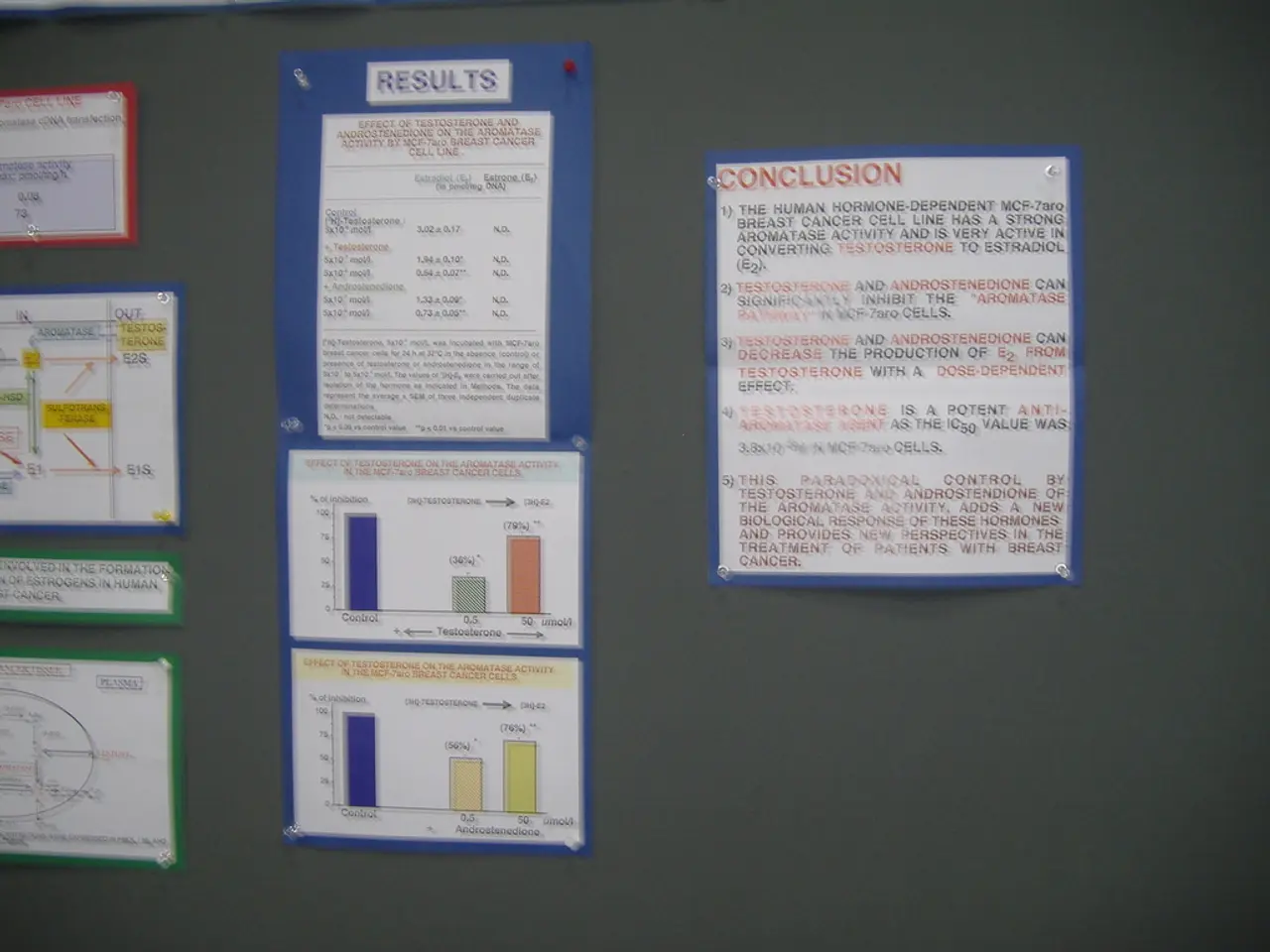From the stated date onwards, the usage of IBAN (International Bank Account Number) as per the new rule is compulsory for everyone.
Starting on the 9th of October 2025, a new security measure is set to revolutionise euro transfers within the European area, excluding the UK and Switzerland. This initiative, known as the IBAN rule or recipient name check, will mandate real-time IBAN name verification for both SEPA and instant euro payments [1].
The key details of this rule include mandatory real-time verification of the beneficiary’s name against the legal account holder name linked to the IBAN. Verification must occur before payment execution, and the outcome must be clearly displayed to the payer [1]. The verification result will fall into one of four categories:
- Full match (name and IBAN fully match)
- Near match (minor discrepancy; correct name suggested)
- No match (clear mismatch)
- Verification unavailable (temporarily not possible) [1].
This measure is designed to combat payment fraud and increase trust in electronic euro transfers throughout the SEPA area. While the Bank of Lithuania has officially announced and detailed it for Lithuania, this initiative aligns with broader European efforts to improve payment security in the euro area, especially for SEPA instant and standard credit transfers [1][2].
To make the process user-friendly, a traffic light system will be introduced. This system will indicate whether the transfer is secure (Green), potentially problematic (Yellow), or not secure (Red) [1]. If the traffic light shows "Yellow", there may be a typing error, a digit may be missing, or the first and last name may have been swapped. In case of no result, there may be a technical error - in this case, you should contact the bank directly. If the traffic light shows "Red", a warning will appear - this transfer should be checked again, as it does not seem secure.
It's important to note that this new rule will not apply to transfers to the UK or Switzerland, as they are not part of the Eurozone SEPA scheme or this specific regulation. However, consumers have been increasingly falling victim to transfer fraud, often due to fake invoices, manipulated account data, or various fraud schemes. This new security system is intended to protect consumers and will not incur any additional costs.
In summary, the implementation date is October 9, 2025, with mandatory real-time beneficiary name-IBAN checks required for all euro payments to increase fraud prevention across participating European countries [1]. This new traffic light system will make transfers more secure and transparent, helping to protect citizens from fraudulent activities.
References: [1] Bank of Lithuania. (2023). New IBAN Rule for Euro Transfers: What You Need to Know. Retrieved from https://www.lb.lt/en/news/new-iban-rule-for-euro-transfers-what-you-need-to-know [2] European Central Bank. (2023). Enhancing Payment Security in the Euro Area. Retrieved from https://www.ecb.europa.eu/paym/payment/fraud/html/index.en.html
- The new IBAN rule for euro transfers, effective from October 9, 2025, will extend to various sectors within the European area, including the finance, banking, and insurance industries, as it aims to combat payment fraud and increase trust in electronic euro transfers throughout the SEPA area.
- To ensure seamless integration of this rule within the industry, a user-friendly traffic light system will be employed, indicating secure (Green), potentially problematic (Yellow), or not secure (Red) transfers, thereby helping to protect consumers and maintain transparency in all euro transactions.




